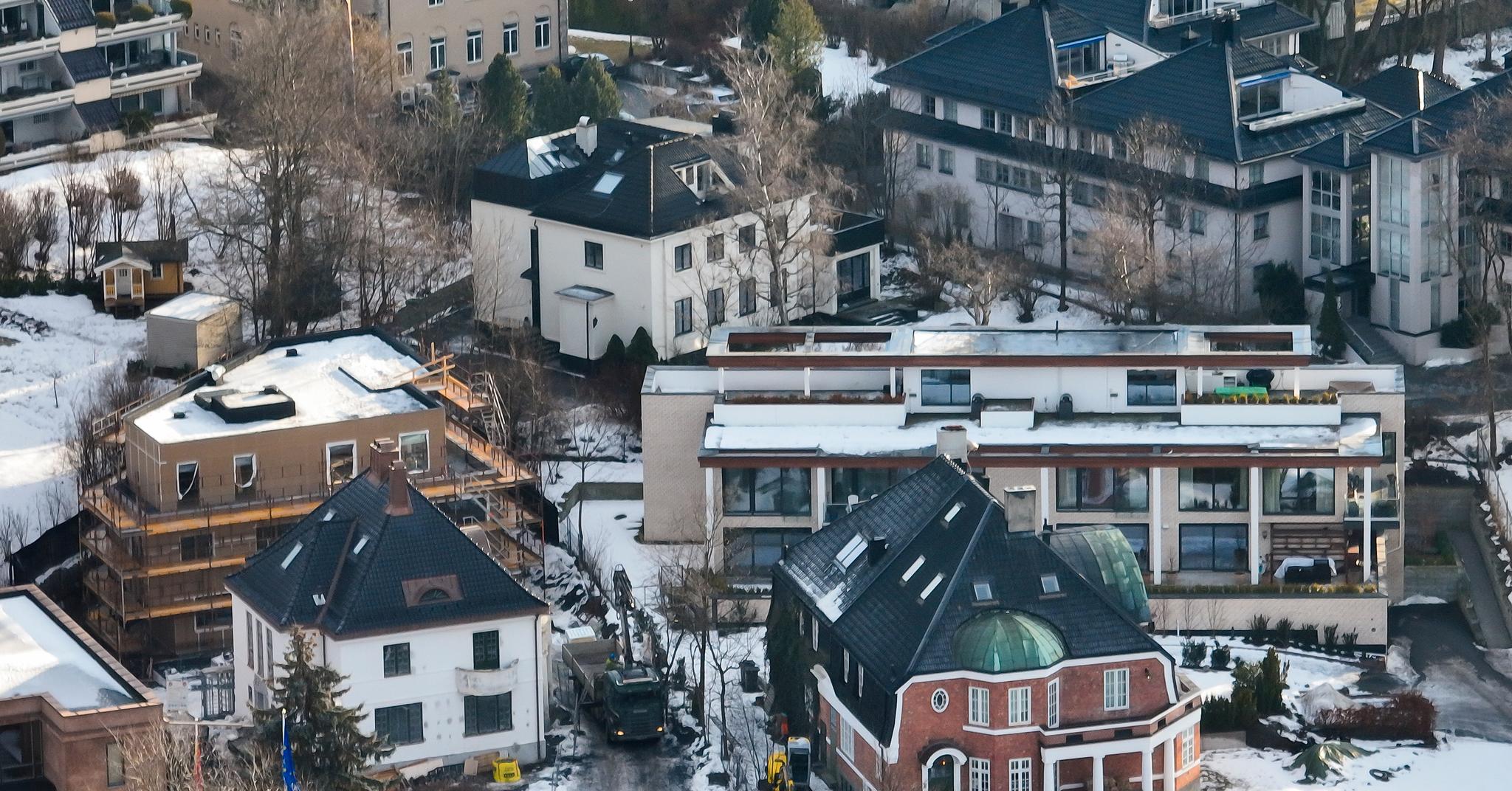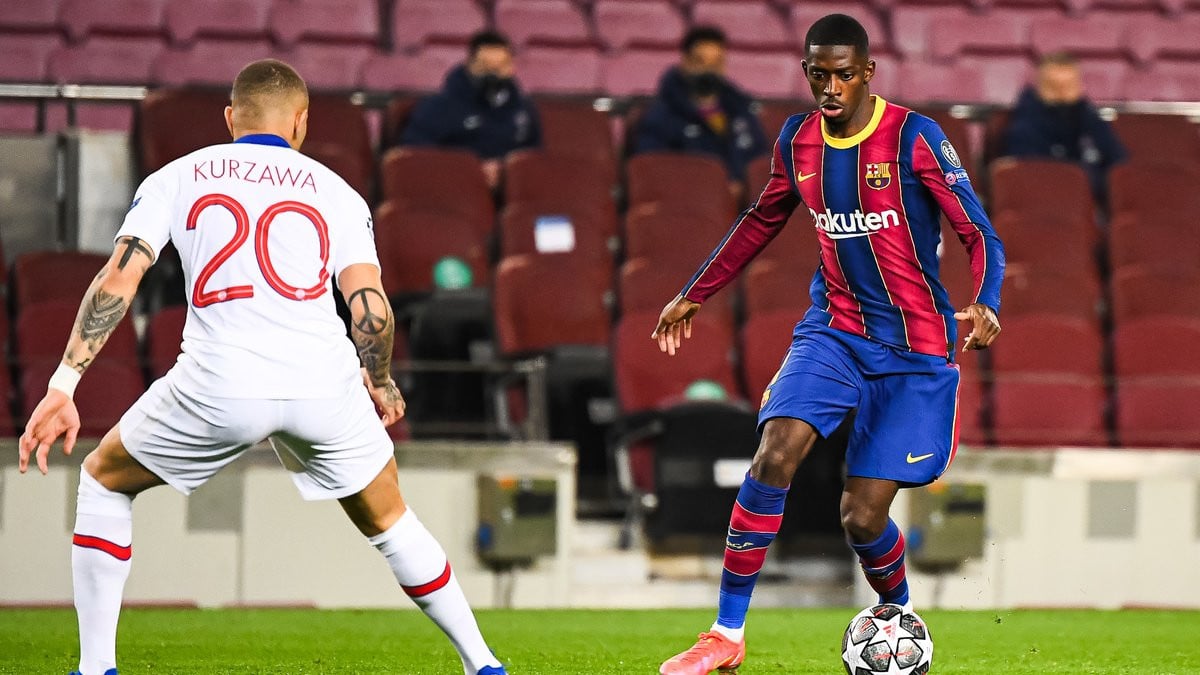A class of 6th primary from the free school of Bois-de-Villers (province of Namur) welcomed Charlotte Martin, infectious disease specialist at the CHU Saint-Pierre in Brussels. For more than an hour, the children asked him questions. They notably talked about the vaccine against covid-19.
You have probably received an invitation to get vaccinated against covid-19, and you are wondering. Here is what Charlotte Martin replied to the students she met.
How is a vaccine made?
The concept (idea) of the vaccine is over 200 years old. It is a preparation of your immune system, the army of your body which tries to defend you against infections but also against other illnesses. With the vaccine, we try to train your army to recognize its enemies. When the enemy really arrives, she will react faster and defend herself more effectively. Because if this is the very first time your army sees this enemy, it will take him several days. And in a few days, you can already be very sick and if it’s a very serious microbe, you can perhaps already die. So winning those few days is very valuable. Vaccination is showing your immune system its enemy in advance. Like showing the police the photo of the thief to find.
There are many different kinds of vaccines. We can inject tiny bits of virus that can do nothing to the person but allow the immune system to recognize its enemy. You show the glasses, the hair, but not the whole virus. For the vaccines against covid that we have had since 2021, we do not inject pieces of virus but the instructions for making the pieces of virus. When the vaccine is injected into the muscles of the arm, it arrives in the muscle cells. These cells are little factories that make lots of stuff. When they receive the instructions, they make small proteins (pieces) of virus. Then these virus proteins come out of the cell and the body reacts by preparing the immune defense. If you are later confronted with the real virus, your immune system is ready.
– EdA Mathieu Golinvaux
Charlotte Martin, infectious disease specialist at CHU St Pierre in Brussels.
Will everyone be required to get vaccinated?
A few weeks ago, when it was the Delta variant, we really saw a lot of people in the hospital, even people who we would not have thought were fragile, aged 35-40. At that time, I would reply: “ As many people as possible need to be vaccinated.“because the vaccine protects the person against the severe infection, but it also prevents too much transmission. Now Omicron has arrived and it feels less serious. Fewer people are coming to the hospital and those who arrive are often unvaccinated people If we move towards something more manageable, maybe we will have to keep the adults well vaccinated but it will be less important to insist on vaccinating everyone, for example children.
What are the short-term and long-term side effects of the vaccine in children?
The way of studying vaccines is something extremely controlled. Lots of independent agencies, which have nothing to do with those who developed the vaccines, come to check that everything is done properly. Covid vaccines have been studied in tens of thousands of adults and thousands of children, mostly in the United States. The short-term side effects are very similar to those in adults: arm pain and feeling tired, sometimes a little headache or fever. It shows that the body is working. It happens in about half of the children who get vaccinated.
Long term side effects? There have never been any side effects from a long-term vaccine (several months to several years later). It’s a legend. Why? Because what you inject with a vaccine stays in your arm. What circulates in the body is the immune reaction: killer cells, antibodies… The vaccine remains in the arm for a few hours before being destroyed. On the other hand, you can have some side effects in the six weeks following the vaccination, because the immune system is working. But it’s the same as other vaccines, those you had when you were little, or those that some people do before traveling to a country where there are tropical diseases, for example.
Charlotte Martin also answered many other questions! Here are a few:
Vaccination of a child, how does it work?

–
EdA Mathieu Golinvaux
– Children receive one third of the adult dose.
– You are monitored for a quarter of an hour after the injection. This is a recommendation for all vaccines: there may be a little discomfort, someone who does not like needles and feels weird…
– The next day, one out of two children will be a little tired, will have a little pain in the arm, in the head… You can take a small Dafalgan.
– You have to do this vaccine at least twice, like the vast majority of vaccines, because your immune system needs to be repeated before retaining the information.
– It takes at least three weeks between the two injections.
—
–


